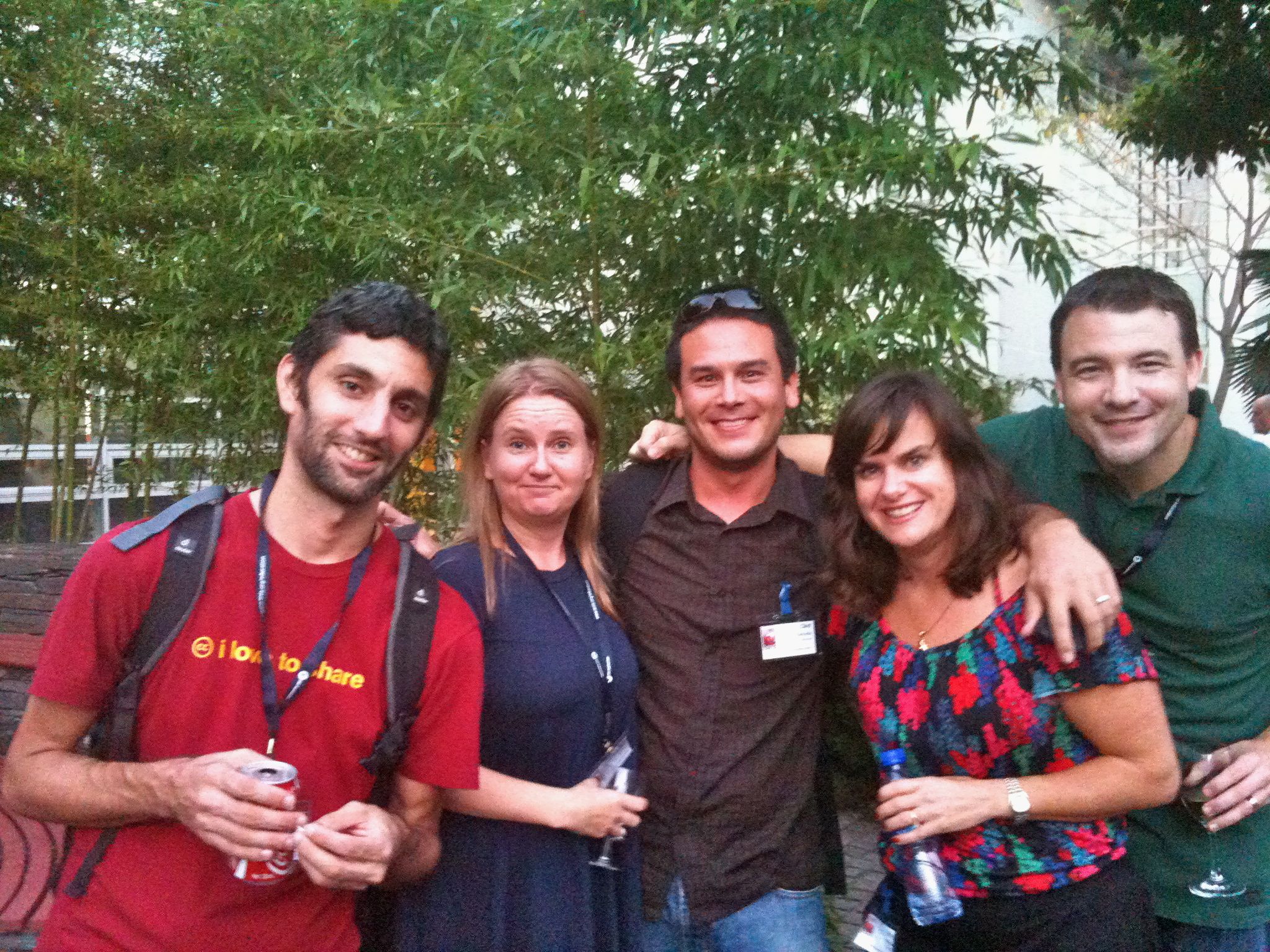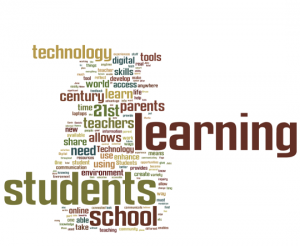I am writing this post for several reasons and several people all at once. Just so we don’t get too discombobulated right from the start, let’s lay out the goals:
- Proposal for my administrators
- Promotion for Learning 2.011
- How to attend a conference as a team
- Announcement of some changes at our school and my new role at school
Let’s start from the last point and end with the first.
Announcement of some changes at our school and my new role at school:
A few months ago, our school created a special IT task force to take a closer look at our current VLE, Virtual Learning Environment, to see if it is everything we want it to be. We are a 1:1 Mac school, but we understand that we are not functioning at our full potential when it comes to being a technology focused school. As a task force, we decided that perhaps a one-stop shop, closed VLE, which shall not be named, is not the best tool for what we want to be doing school wide in terms of teaching and learning and communication. This realization has led us to re-examine our vision, the roles of teachers/students, and of course the right tools to accomplish what we want. It has been exciting to work with such a great team. More importantly not only have our concerns been heard by our amazing director and administrators, but they have been instrumental in making major changes school wide.
In short, we are moving to Google docs and WordPress blogs as the main structure of our VLE. We are busy creating a solid foundation of blogs and have begun work on our school wide Google Apps network. I will write more soon about the process and what the nuts and bolts look like, but let me just say now that we are building something authentic and organic and wonderful here. We have been working as a team. Because I have a vested interest in making this a reality and because of my intensity I have taken on a bit of a leadership role in the direction we are heading. This new role is both humbling and exciting. I am proud to be able to work with our team to make a system that will help our school. Because of my past experience and knowledge I have been ask to only teach three classes next year and spend the rest of my time helping teachers learn how to function in this new environment. I have a mindful of ideas about a professional development plan, but for now we are busy building blogs and getting this machine up and running.
Which finally brings me to the point of this post. Well almost. As we start to see what our new system will look like, we are realizing that we will need a batch of teachers who are not necessarily techies, but open to the possibilities of using technology and understand the basics of a new pedagogy that is more student driven and teacher facilitated learning. We are looking for a core group of teachers who can help make our new blogging system a success.
I have written about my experiences with Learning 2.011 here, so I will keep this intro short. I love this conference. It has been good to me. I like the people who run it. I love the people who attend and I like the way it is run. They have given me a great opportunity this year to play a bigger role behind the scenes, and I want to help teachers at my school get a taste of the power of a great conference. So here is plan:

@lissgriffin @chamada @DearLibrariAnn @jutecht
How to attend a conference as a team
Too many times Tech conferences are attended by teachers who are already involved in networks. We read each other’s blogs, share Tweets, let’s face it we are a family. We use this time to meet, tighten bonds, and reassure ourselves that we are on the right track. We go back to our schools and seldom have anything to share that we didn’t know before we left. Last year my school sent our entire tech team, a few administrators, but honestly, we didn’t feel like a team.
Proposal for my administrators
My proposal is that this year we send about six people from different divisions in the school. This team should not necessarily be teachers with tech experiences, but teachers who have shown an interest in pushing their understanding of what tech can do for learning. I want the experience for this team to be similar to my ADE experience. We will arm the team with the tools they will need to monitor, document and reflect on their learning as a group. As the new tech facilitator, I will take the leadership role to make sure that this team is armed with what they need. We will make sure all members are on Twitter and understand how to hash tag their way through a conference before we arrive. Each member will be shown how to use a blog as a journal space to reflect on their daily learning and thoughts throughout the conference. We will use Google Docs to share resources, links, and ideas for others teachers back at school.
In short, I want to take a team of learners who are willing and enthusiastic to be students again. I want to give them the tools we will be using next year, in hopes that they will be blown away by the power of what these spaces can do to connect and collect leanring. I want to introduce them to the powerful existing network of educators here in Asia, and I want them to return to school infected and passionate about what they learned, in hopes that they will take leadership roles in helping developing a functioning and collective professional development program. I have felt the magic of this conference two times and now I want to help others experience it as well.
I am not sure if you are a teacher, tech facilitator, head of IT or administrator, but I suggest you take a close look and who you are bringing to this conference and develop a plan. Assign a leader or group of leaders and empower your attendees so they can get the most out of their days in Shanghai. Maybe we can even introduce our teams to each other before we meet in person. Create some kind of diectory of teachers and schools. I am open to any ideas.
I am sending this post to my director and principals in hopes that they will approve the group I want to lead through this conference. I suggest you do the same. Let this be the conferences where we build cracks in the echo chamber and begin to let some of the noise out, so we can start to hear new voices and create a more robust and diverse network. Let us share the amazing things we are doing not only with each other, but with those teachers at our school who are not connected but should be.
See you in Shanghai at Learning 2.o11!



